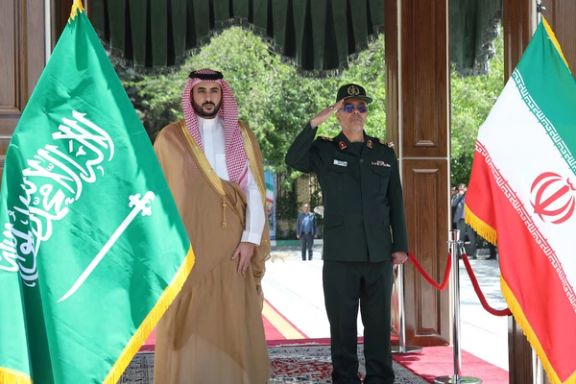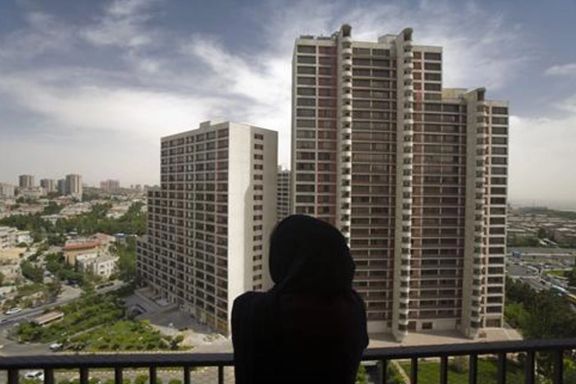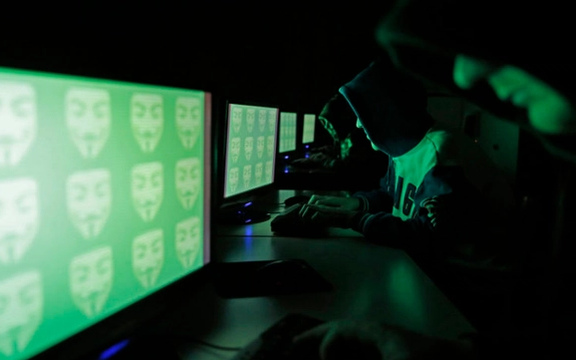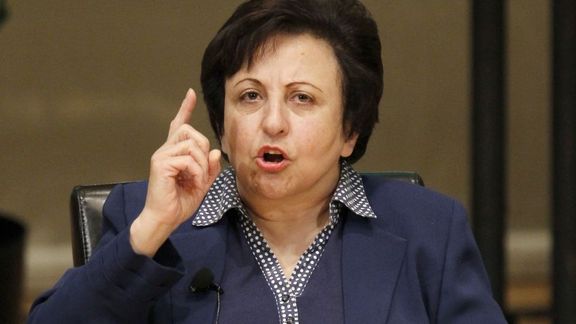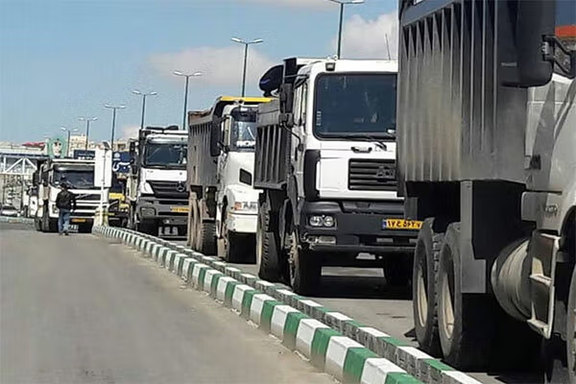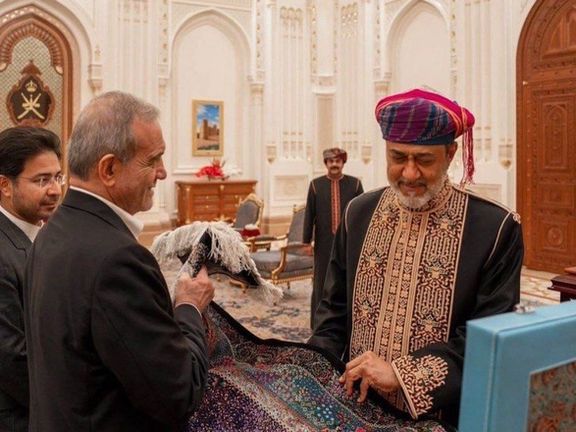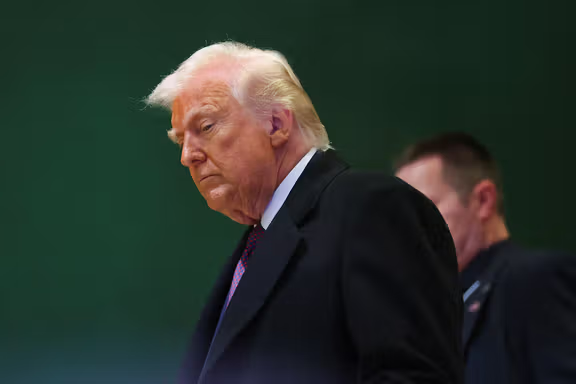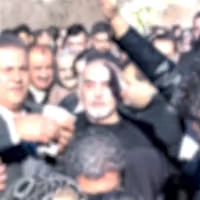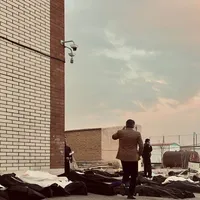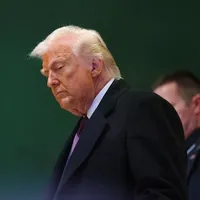Although neither Iranian nor Omani authorities have officially announced the proposals' content, Iran's Foreign Minister Abbas Araghchi has said they are currently under review.
During his meeting with the Sultan of Oman this week, Iranian President Masoud Pezeshkian praised Muscat’s “active and constructive role in indirect negotiations,” reaffirming that “Iran fully trusts Oman.”
Observers widely believe that Pezeshkian’s visit went beyond the expansion of bilateral ties, as publicly stated, and was primarily focused on Oman’s initiatives.
Consortium or Freeze?
Ahead of Pezeshkian’s visit, conservative lawmaker Ahmad Bakhshayesh Ardestani revealed to Didban Iran news website that Oman had proposed either forming a consortium with Arab nations or implementing a period of freeze in enrichment.
Ardestani, who serves on the Parliament’s National Security and Foreign Policy Committee, said Iran had not accepted either plan, warning: “Past experience has shown that the other side tends to make additional demands after receiving concessions.”
The interview was later removed from the website. The outlet may have been instructed by security bodies to remove the interview because Ardestani claimed Iran could produce several nuclear bombs — a remark viewed as highly provocative.
According to media reports and analysts, the proposed consortium could include regional countries such as Saudi Arabia, Oman, the UAE, Qatar, and the United States.
The arrangement would aim to supply Iran with enriched uranium for civilian use in exchange for partial sanctions relief on Iran’s oil exports, central bank, and the shipping sector.
“Members of this consortium could monitor the process and report on it in order to build US trust,” Seyed Jalal Sadatian, former Iranian ambassador to the UK, told Shargh Daily on Tuesday.
“Evidence suggests that the Omani foreign minister is emphasizing this idea, stating that it is the best way to prove the civilian nature of Iran’s nuclear program without forcing Iran to completely halt uranium enrichment — which has always been a red line for Tehran. Furthermore, Iran insists that any action taken must be step-by-step and reciprocal,” he added.
The consortium idea had previously been floated by former Iranian nuclear negotiator Seyed Hossein Mousavian in a post on X ahead of the April 11 talks in Muscat.
Others have also discussed the possibility of a temporary freeze lasting from six months to three years.
“A temporary agreement would mean that Iran suspends uranium enrichment for a limited period, and in return, the United States eases some of the economic restrictions on Iran,” Iran newspaper quoted political analyst Ebrahim Mottaghi as saying.
What Might Tehran Accept?
Iranian media and observers have widely discussed both claimed proposals, ruling out one or both.
“What has been emphasized by Tehran so far is that it will not accept any consortium and, based on its legal rights under the NPT, it will not relinquish uranium enrichment carried out independently and on Iranian soil,” an editorial published by hardline Kayhan newspaper on Tuesday stated.
The idea of a three-year halt in enrichment “is also unacceptable to our country; even a short-term suspension of enrichment is a trick and a trap that must be strictly avoided,” the editorial added.
The IRGC-affiliated Javan newspaper, too, has dismissed the idea of a three-year freeze as “a unilateral proposal, not a middle-ground one.
Mottaghi, however, told Iran newspaper that a temporary agreement appeared to be more viable for both sides. “The reality is that Iran faces fewer challenges in accepting this option in comparison to the United States’ unilateral approaches, which are often marked by signs of maximalism.”
In a commentary for Ham-Mihan newspaper, political commentator Ahmad Zohdabadi argued that the consortium proposal may have lost traction due to disputes over its location, which echo the broader disagreement over recognition of Iran’s right to enrich uranium on its soil.
“Omani officials have taken on an extremely difficult task. Proposing a solution that simultaneously satisfies Iran, the United States, and other stakeholders appears highly improbable,” he wrote.
